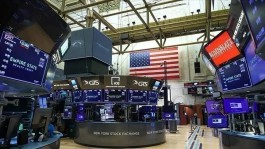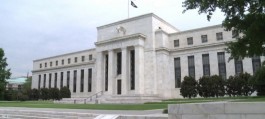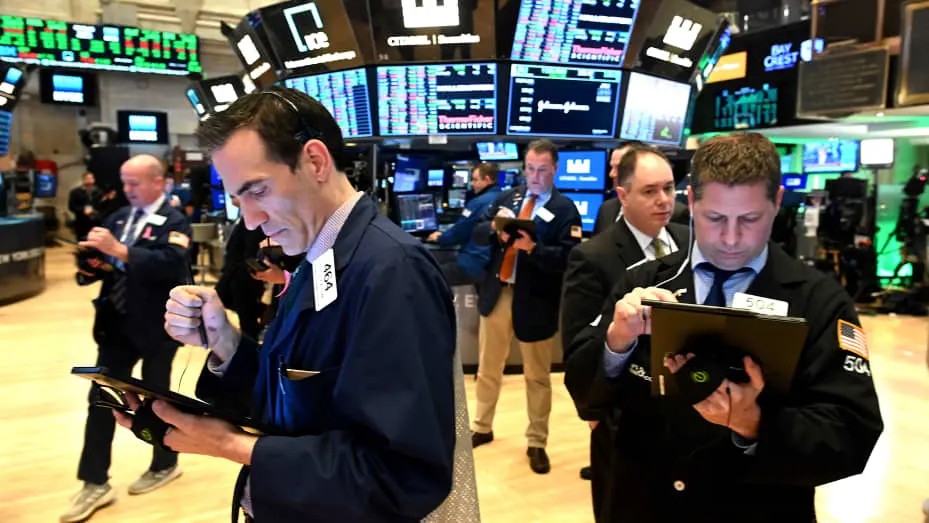U.S. stock futures were steady at the start of the week as investors grappled with a range of issues, including Iranian strikes on Israel, higher oil prices and increased stock market volatility that sent the Dow Jones Industrial Average to its worst week since the start of the year.
Futures tied to the Dow Jones Industrial Average rose just 36 points. S&P 500 futures rose 0.1%, and Nasdaq-100 futures were almost unchanged.
Iran launched drones and missiles at Israel on Saturday evening, April 13, in the first direct attack on Israel from Iranian territory. While most of the threats have been intercepted, fears of retaliation remain.
U.S. stocks fell at the end of trading on Friday, April 12, as inflation and geopolitical concerns once again weighed on investor sentiment on Wall Street. A sharp decline in major bank stocks also weighed on the market.
Weakest daily performance
The Dow Jones Industrial Average closed down 475.18 points, or 1.24%, at 37,983.90. The S&P 500 closed down 75.65 points, or 1.46%, at 5,123.41, its worst day since January. The Nasdaq Composite dropped 267.1 points, or 1.62%, to 16,175.09.
During last week's trading, the Dow Jones index fell by 2.7%, the S&P 500 index fell by 1.6%, and the Nasdaq index fell by 0.5% compared to what it was at the end of last week's trading.
Inflationary pressures
This comes at a time when consumers are increasingly concerned about ongoing inflationary pressures. The consumer confidence index for April came in at 77.9, below the Dow Jones estimate of 79.9, according to the University of Michigan Consumer Survey.
Inflation expectations over the coming year and longer term also rose, reflecting frustration with entrenched inflation.
On the earnings front, investors will be watching Goldman Sachs and M&T Bank results on Monday morning. More economic data is also due, including retail sales data early in the week, as well as business inventories data for February and manufacturing numbers for March.
Consumer Price Index
Treasury yields jumped for much of last week amid a third straight hotter-than-expected CPI reading, but rates fell on Friday as investors bought Treasuries as a safe haven from geopolitical tensions. Prices move inversely to yields.
While JPMorgan Chase beat analysts’ earnings estimates in its first-quarter report on Friday, investors sent shares down 6% on worries about what it might generate from lending next year. Chief Executive Jamie Dimon also raised concerns about a “troubling” global outlook and “persistent inflationary pressures.”







































